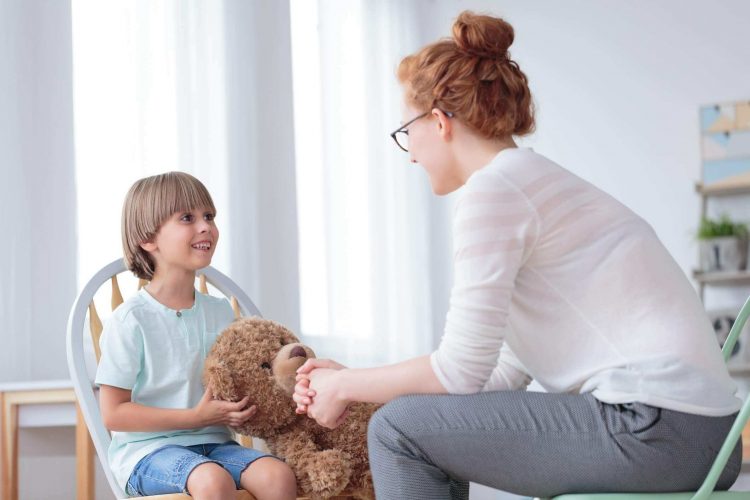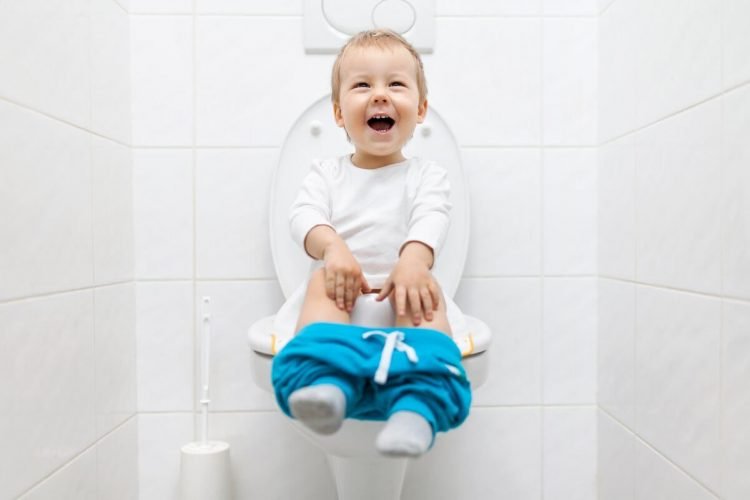Bedwetting or medically known as nocturnal enuresis is a common phenomenon in kids. Babies and toddlers urinate round the clock and generally gain control over their bladder as they reach the age of 4-5 years. Generally, day time control is gained on the bladder followed by nighttime control. Bedwetting occurs when a child urinates in his sleep while sleeping beyond the years of 4 years. While this may be embarrassing, parents need to understand that a child is not urinating in bed willingly and the kids who wet their beds are not lazy or obnoxious or dim. There are myriad of peeing in the bed reasons, and psychological stress is one of them. There are millions of kids who urinate at night in bed beyond the age of 5 years. While all kids eventually outgrow this phase, here are some of the bedwetting treatments at home that you can try.
What Causes Bedwetting?
While there can be underlying diseases that might cause a child to wet the bed at night, some peeing in bed reasons can be quite common.
- Excessive fluid intake during before going to bed
- Eating a lot of sugary treats before going to bed
- Digestive blockage or constipation
- Delayed maturity of the bladder
- Bladder’s insufficiency to hold the pee
- Overactive bladder causing frequent urination
- Night Terrors
- Urinary Tract Infection
- Early Childhood Diabetes
- Psychological stress caused by a conflict at home, between siblings or an upcoming stressful exam at school or bullying
Steps for Parents for Bedwetting Treatments at Home
1. Stop the Blame Game
Though it is a physical issue, it is essential t understand the root cause of the same which might be due to emotional stress. In the case of nocturnal urination, parents must understand that it can be embarrassing and stressful for the child to not being able to control the bladder. Thus, instead of scolding them or punishing them harshly, you must be supportive assuring them that this is a temporary issue and reward them on the days of no bedwetting.
2. Talk to Your Pediatrician

In the case of primary bedwetting, you should speak to a pediatrician immediately and understand the underlying cause of the issue. It is considered primary bedwetting when a child has never had a break from the nocturnal incontinence since they are born. There can be many underlying peeing in bed reasons like diabetes, urinary tract infection or organ abnormality. Finding these causes can get the help your child needs.
3. Get Help from a Counsellor

If the bedwetting starts abruptly after a period of no-bedwetting, try to talk to your child to understand what must have triggered it. It could be stress at school, bullying, stressful upcoming exam or a public presentation, the causes can be many. It is essential that you discuss the issue with your child and even take the help of a counsellor to sort the issue at hand.
4. Encourage Bathroom Trips before Bedtime

One of the easiest bedwetting treatments at home that you can try is by making sure that your child makes a bathroom trip before going to bed, encourage them to do so before you go to bed too. This, essentially, is not a cure to this problem but might help in reducing the bedwetting instances at night. When your child empties his bladder before going to sleep, there are lesser chances of him needing to urinate again at night.
5. Positive Reinforcement
You can create an incentive chart or program to encourage the child to outgrow bedwetting. You can create a calendar or a chart and give a star or a smiley sticker on days of no bedwetting. You can reward this behavior with a special treat like chocolate or ice-cream or extended playtime. Some children may take longer to achieve their first milestone, but you must stay patient and continuously encourage them to overcome this problem. Positively reinforcing good behavior can be a fruitful tool to help your child succeed over bedwetting.
6. Check the Poop Loop
When your child is constipated, the rectum can be full of hard poop. The rectum is located right above the bladder and can cause pressure on the bladder leading to instability. This can lead to involuntary urination not only at night but during day time as well. Another bedwetting treatment at home is for you get back into the poop cycle of your child and monitor whether he is having a smooth bowel movement every day or not. If not, then make sure you increase high-fiber fruits and vegetables in his diet to get the stool movement smooth again.
The Bottom Line
While this situation might not stay for a longer period, it can be embarrassing and mentally tolling for the child. It is essential to keep patience and keep encouraging the child. Don’t get angry with your little one or embarrass them in front of others. This can leave a psychological scar on his mind causing him to grow up with the lack of self-assurance. Bedwetting might seem like a small problem, but if not handled properly, can have everlasting issues.


[…] Also Read: 5 Bedwetting Treatments at Home: Positive Parenting during Nocturnal Enuresis […]